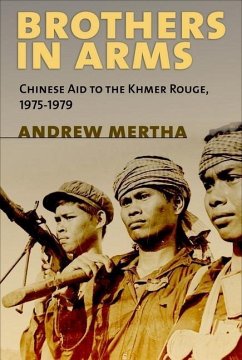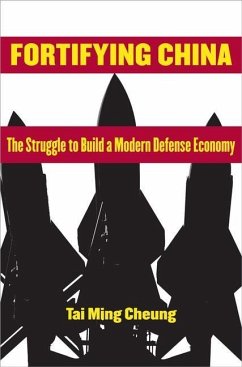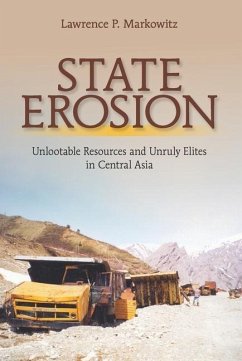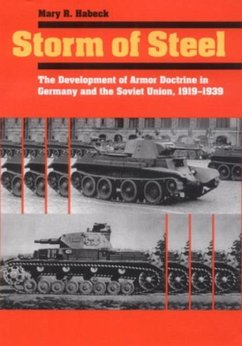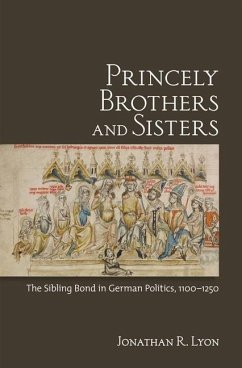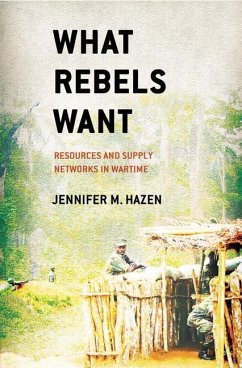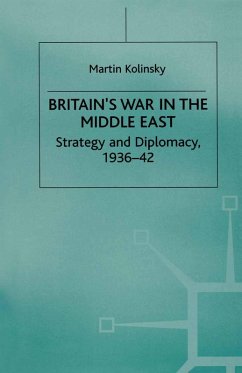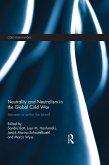When the Khmer Rouge came to power in Cambodia in 1975, they inherited a war-ravaged and internationally isolated country. Pol Pot's government espoused the rhetoric of self-reliance, but Democratic Kampuchea was utterly dependent on Chinese foreign aid and technical assistance to survive. Yet in a markedly asymmetrical relationship between a modernizing, nuclear power and a virtually premodern state, China was largely unable to use its power to influence Cambodian politics or policy. In Brothers in Arms, Andrew Mertha traces this surprising lack of influence to variations between the Chinese and Cambodian institutions that administered military aid, technology transfer, and international trade.Today, China's extensive engagement with the developing world suggests an inexorably rising China in the process of securing a degree of economic and political dominance that was unthinkable even a decade ago. Yet, China's experience with its first-ever client state suggests that the effectiveness of Chinese foreign aid, and influence that comes with it, is only as good as the institutions that manage the relationship. By focusing on the links between China and Democratic Kampuchea, Mertha peers into the 'black box' of Chinese foreign aid to illustrate how domestic institutional fragmentation limits Beijing's ability to influence the countries that accept its assistance.
MerthaAndrew C.:
Andrew Mertha is Professor of Government at Cornell University. He is the author of Brothers in Arms and China's Water Warriors.
Dieser Download kann aus rechtlichen Gründen nur mit Rechnungsadresse in A, B, BG, CY, CZ, D, DK, EW, E, FIN, F, GR, HR, H, IRL, I, LT, L, LR, M, NL, PL, P, R, S, SLO, SK ausgeliefert werden.

